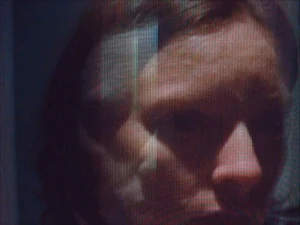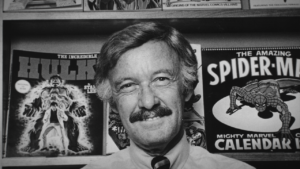‘Inception’s’ Suicidal Tendencies
Christopher Nolan's epic and ambitious new blockbuster is a fascinating, skillfully made brain twister that gives Philip K. Dick a run for his existential money. But at the core of Nolan's film is a troubling idea that won't go away. (Spoilers!)
Christopher Nolan’s epic and ambitious new blockbuster is a fascinating, skillfully made brain twister that gives Philip K. Dick a run for his existential money. But at the core of Nolan’s film is a troubling idea that won’t go away.
Spoiler alert: Do not read this if you haven’t seen it. Even if you have no interest, you’ll probably end up getting dragged to the theater to see what is already shaping up to be the summer’s most-talked-about movie.
Those who have seen it know that “Inception” deals in dreams, and dreams-within-dreams, and, well, dreams-within-dreams-within-dreams-within-dreams. Nolan pushes these layers of reality to the conceptual limit and, although his past films show a tendency to jump off the rails and break the suspension of disbelief, he pulls it off here. That is an incredible achievement.
I was impressed by “Inception” more than I actually enjoyed it — and not because it lacked for filmmaking. Every department, from the production design and photography to the acting and direction, delivered. I am frankly amazed at how Nolan pulled this off. At one point we are in four realities with competing tensions simultaneously closing in. That we are able to follow what is happening is just nuts.
The problem is that we spend so much time in the dream world, pushing the limits of understanding, that I felt almost philosophically motion sick. There is no firm ground in “Inception.” The whole idea, of course, is that even the “real world” might be a dream, if not just a movie.
And how do you wake up from a bad dream? You kill yourself.
To a steady drumbeat, the film again and again suggests that real is unreal and the way back is suicide. The characters attempt to punch their own tickets so often that we are treated to ever more creative methods, culminating in the most romantic heads-on-train-tracks scene ever. At one point the rules change, and the characters are no longer allowed to escape through death, because, we are told, they will end up in limbo, a kind of mental wasteland where you spend decades in a sandbox with your ego and your id. But how do you get out of limbo? You kill yourself!
“Inception” ends just before we find out whether or not the real world is bogus, but the implication is clear: Question reality. That’s a powerful and important idea, one worth exploring in entertainment and art. But there’s a companion idea that I worry some disturbed person is going to respond to in the worst way. As the movie says, an idea, once it’s been planted, is a resilient parasite. — PZS
Your support matters…Independent journalism is under threat and overshadowed by heavily funded mainstream media.
You can help level the playing field. Become a member.
Your tax-deductible contribution keeps us digging beneath the headlines to give you thought-provoking, investigative reporting and analysis that unearths what's really happening- without compromise.
Give today to support our courageous, independent journalists.








You need to be a supporter to comment.
There are currently no responses to this article.
Be the first to respond.